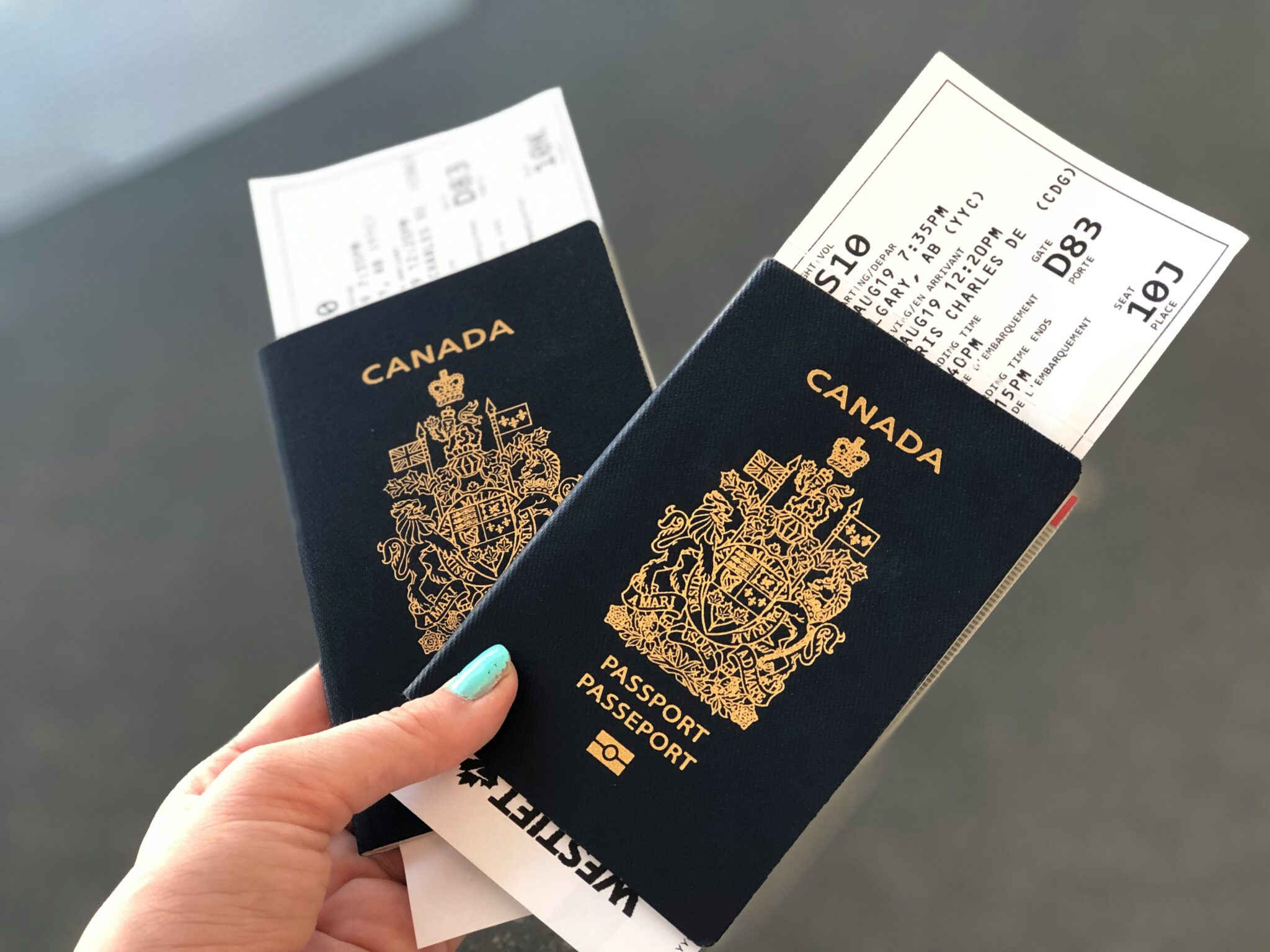Airbnb Mulls Trendy, Non-Traditional Way to Take Itself Public

Skift Take
Airbnb CEO Brian Chesky said the company has been approached with a "couple" of opportunities to take itself public through a special purpose acquisition company, a choice that's been trendy in Silicon Valley circles in recent months.
Speaking on a Reuters Newsmaker webinar on Wednesday, Chesky said "we are looking at everything" in terms of going public through a direct listing, an initial public offering, or a special purpose acquisition company.
The latter choice, which is also called a blank check fund or blank check deal, essentially involves companies — not a target company like Airbnb — raising money from investors and listing without any corporate operations. A company like Airbnb could then sell itself to one of these special purpose companies, assume its listing, and go public faster without having to do investor road shows, or subjecting itself to "SEC document reviews and uncertainty caused by volatile markets," according to The New York Times.
Chesky said such blank check funds are "very novel," although they've been around for years, and Virgin Atlantic and DraftKings both made stock market debuts in 2019 through blank check funds.
In direct listings, companies can go public without raising capital, and can avoid huge banking fees. ln the past, Airbnb considered a direct listing primarily for the purpose of enabling employees to cash in stock options before they expire.
Chesky noted that Spotify and Slack went public through direct listings in 2019, so there are precedents.
"We have not made any definitive determination in regards to raising additional capital," Chesky said, adding that stock markets have been up and down. He repeated what he's said in previous interviews that Airbnb would be ready to go public if market conditions are right.
A Focused Company
Chesky argued that some investors, including private equity firms Silver Lake and Sixth Street, told him they found Airbnb more attractive and focused than earlier because of the way Airbnb handled the coronavirus crisis. That's one reason the two private equity firms contributed $1.2 billion of the $2 billion debt offering that Airbnb agreed to in recent months, according to Chesky.
He said two things that investors are looking for is whether Airbnb has to buy its traffic, and whether it has unique inventory. Chesky argued that Airbnb is well-positioned in attracting direct traffic because of its brand, and although not all of its supply is unique, a lot of it is.
As for the future, Chesky said the two largest opportunities for the company are in shared spaces and in unique inventory, such as tree houses and in Airstream touring vehicles.
Shared spaces are very cheap right now, and some guests long to connect with people, including hosts who would occupy apartments during a shared-stay scenario, Chesky said. Tree houses and Airstreams are "booming" outside of cities, he added.
Another factor in Airbnb's favor, Chesky argued, is the "huge opportunity" that exists because people turn to hosting during recessions.
Concessions to cities
Chesky argued that Airbnb wants to make concessions to cities, adding that looking back, "we could have done more sooner."
He said Airbnb's recent agreement with New York City is an example of Airbnb making concessions.
That concession scenario, however, may soon be tested in San Diego, where Expedia Group and its Vrbo unit made huge concessions to the hotel union in the city in exchange for legal status. Airbnb has yet to sign on to the proposed agreement.
Chesky said companies like Airbnb want to be partners with cities, and he contrasted that with cruise companies overwhelming Venice with debarking passengers.
In looking at other aspects of the travel industry, Chesky said the hotels that would successfully recover would be those that adapt to a population redistribution to non-urban areas. He said that will be hard for hotels that require density to scale.
Hotels will be hurt by lower volumes of business travelers in the future, he said. Business travel will recover somewhat, he argued, but road warriors will tend to travel in special circumstances rather than routinely.
Chesky said because Airbnb's listings are more private than public spaces in hotels, and “maybe for the first time in a long time Airbnb is not the riskier option.”





